Family Forest Blog
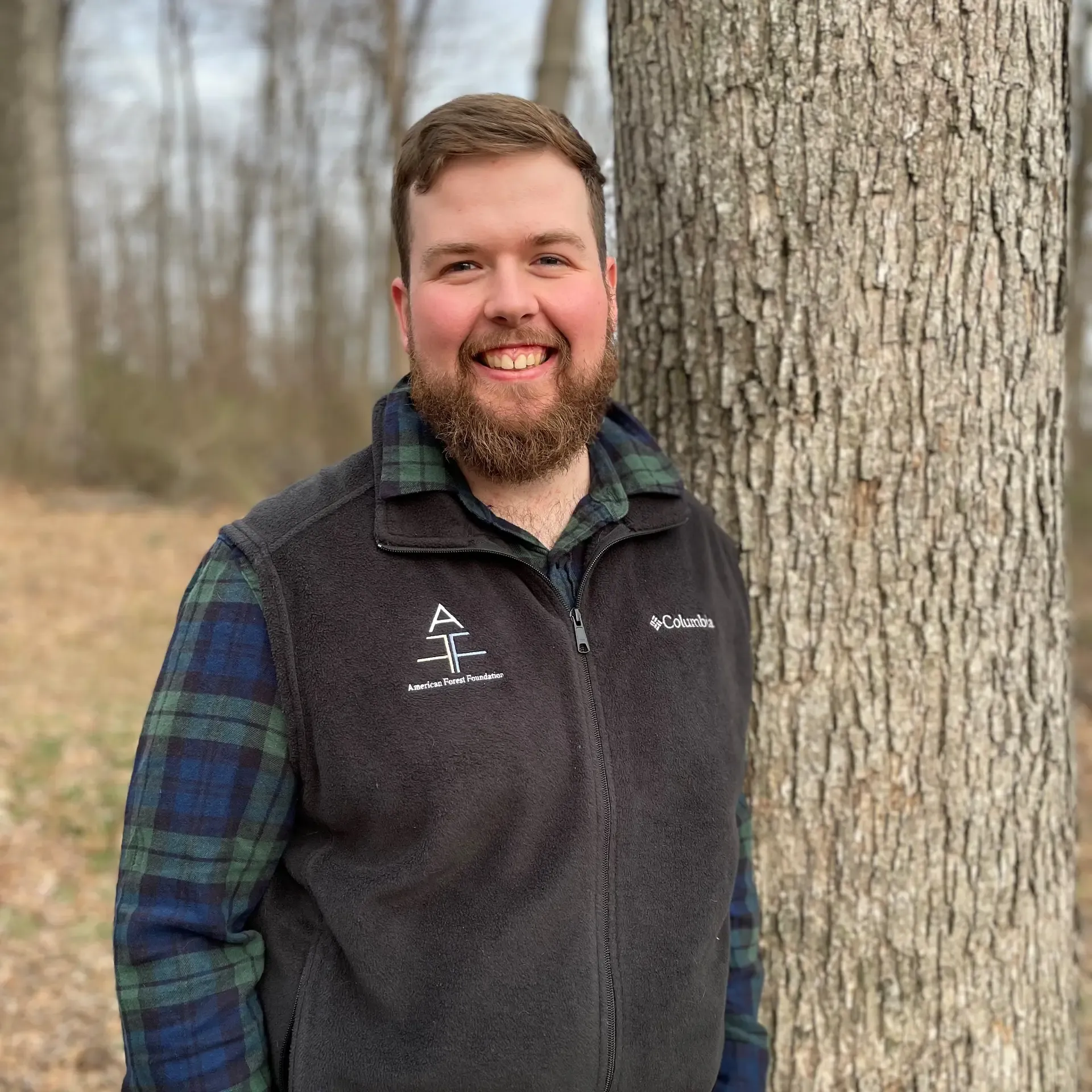
April 1, 2022
Forester Spotlight: Garrett Hamilton
Before coming to the American Forest Foundation, Garrett often felt that the contributions of family forest owners were overlooked. Now, he's working to helping to create opportunities for family forest owners to create conservation impact while improving the health of their land.
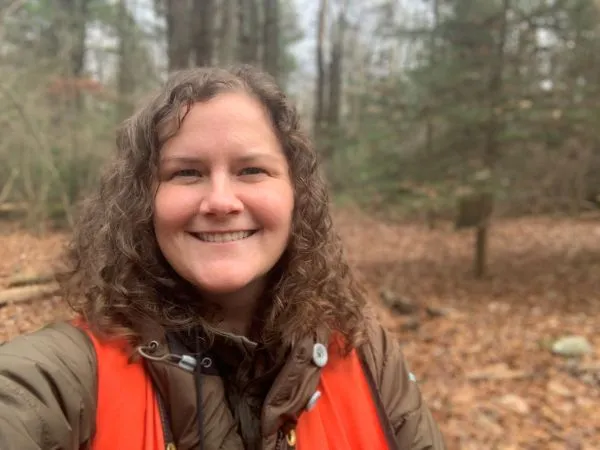
March 28, 2022
Forester Spotlight: Sarah Hall
Sarah's passion for forests started at a very young age. After having witnessed the impacts of human development on forestland, she's dedicated her career to helping landowners preserve their forestland for future generations and being a trusted resource throughout their journey.
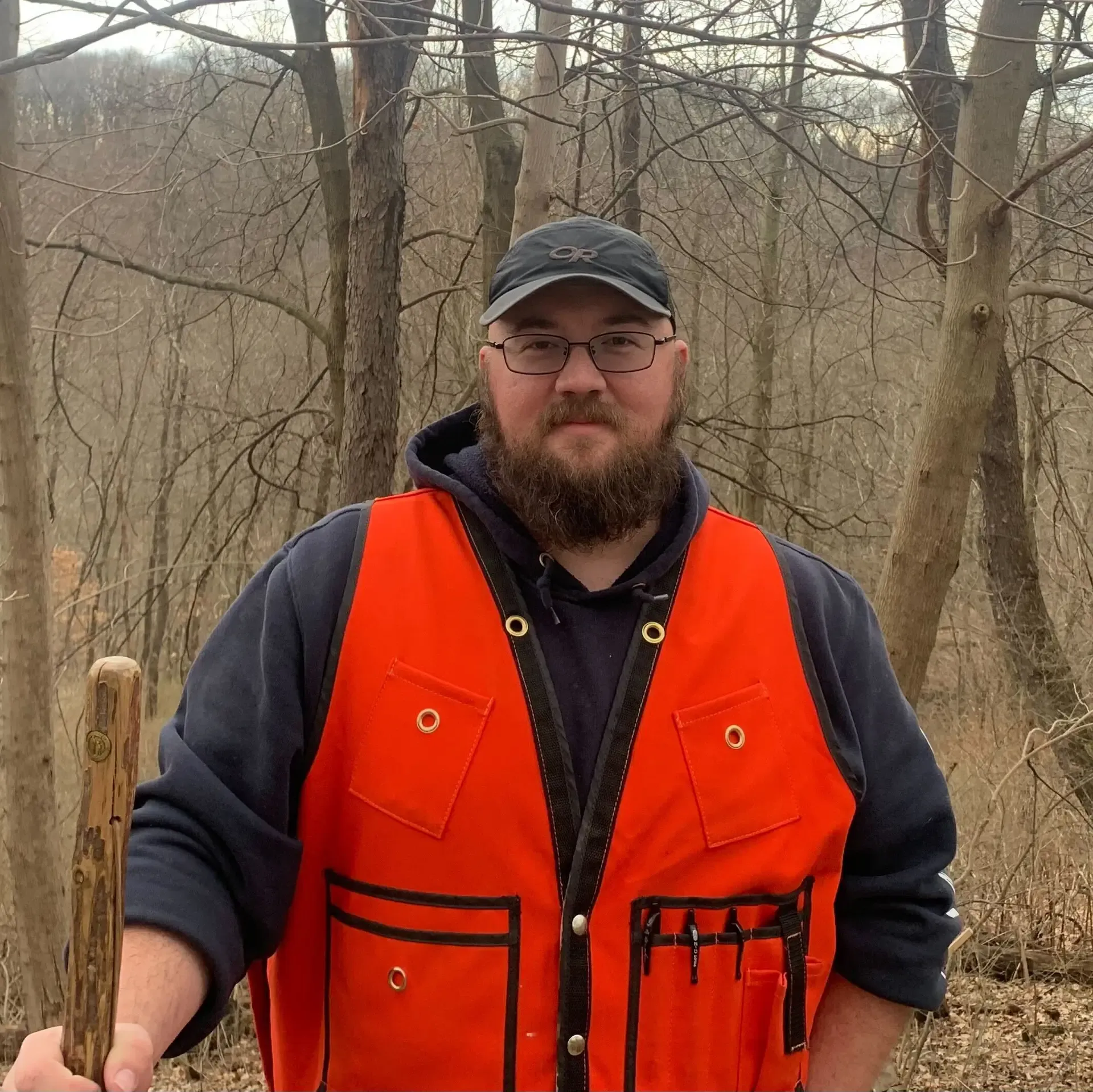
March 25, 2022
Forester Spotlight: Ian Forte
Ian is inspired by the care that family forest owners take in maintaining their forests. Now working as a forester with the Forest Carbon Program, Ian is excited to be working with a team that's passionate about supporting family forest owners and their critical role in addressing climate change.
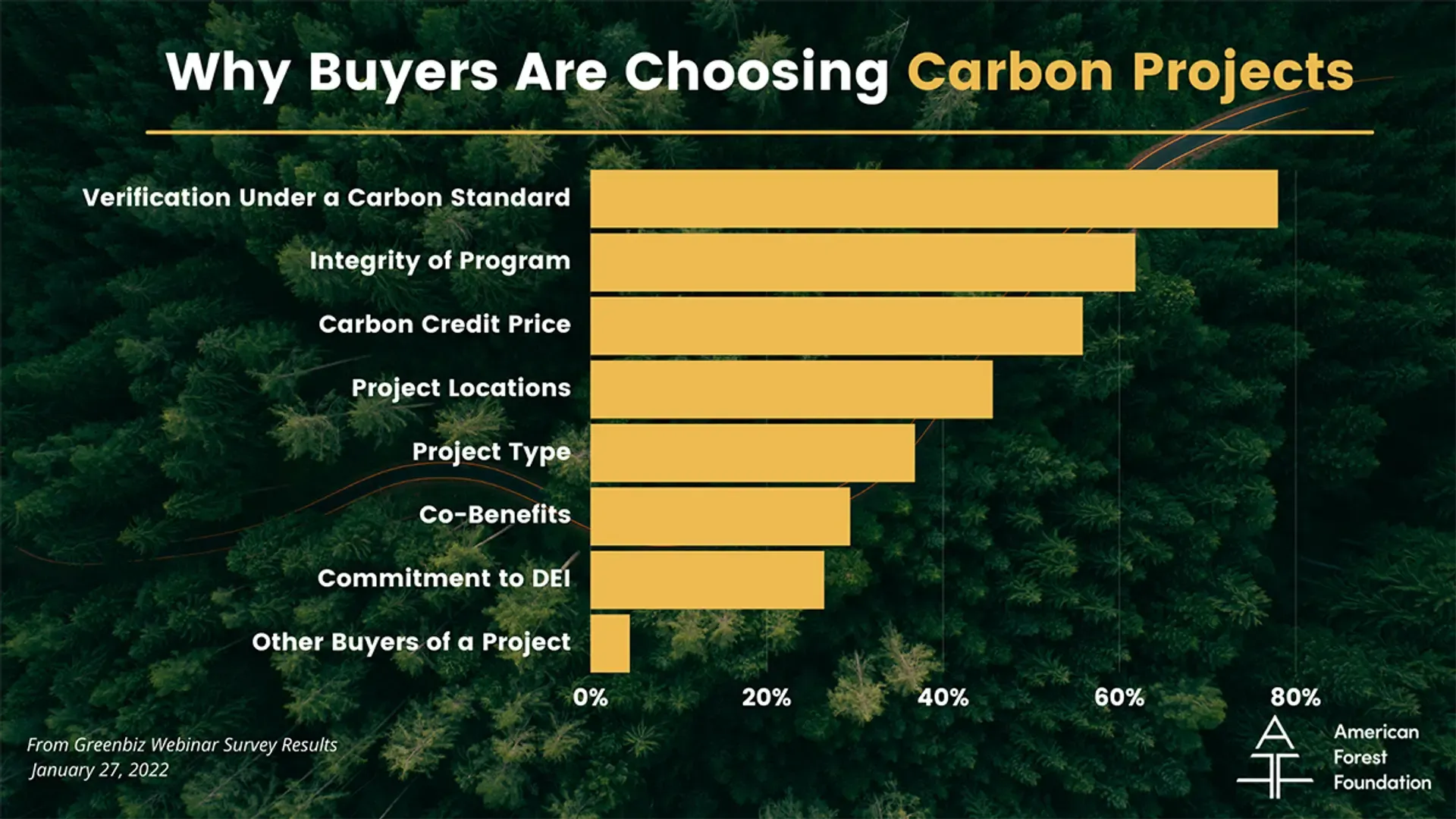
February 28, 2022
A Snapshot of Trends Among Carbon Buyers
Take a look at how current and prospective carbon buyers are thinking and what conversations are being held today on what the future of the voluntary carbon market will look like.

January 31, 2022
Telling Our Story in New & Innovative Ways
For more than 40 years, AFF has been working to share the story of America’s family forest owners. We’re continuing to find new & innovative ways to do so and engage partners to drive conservation impact.
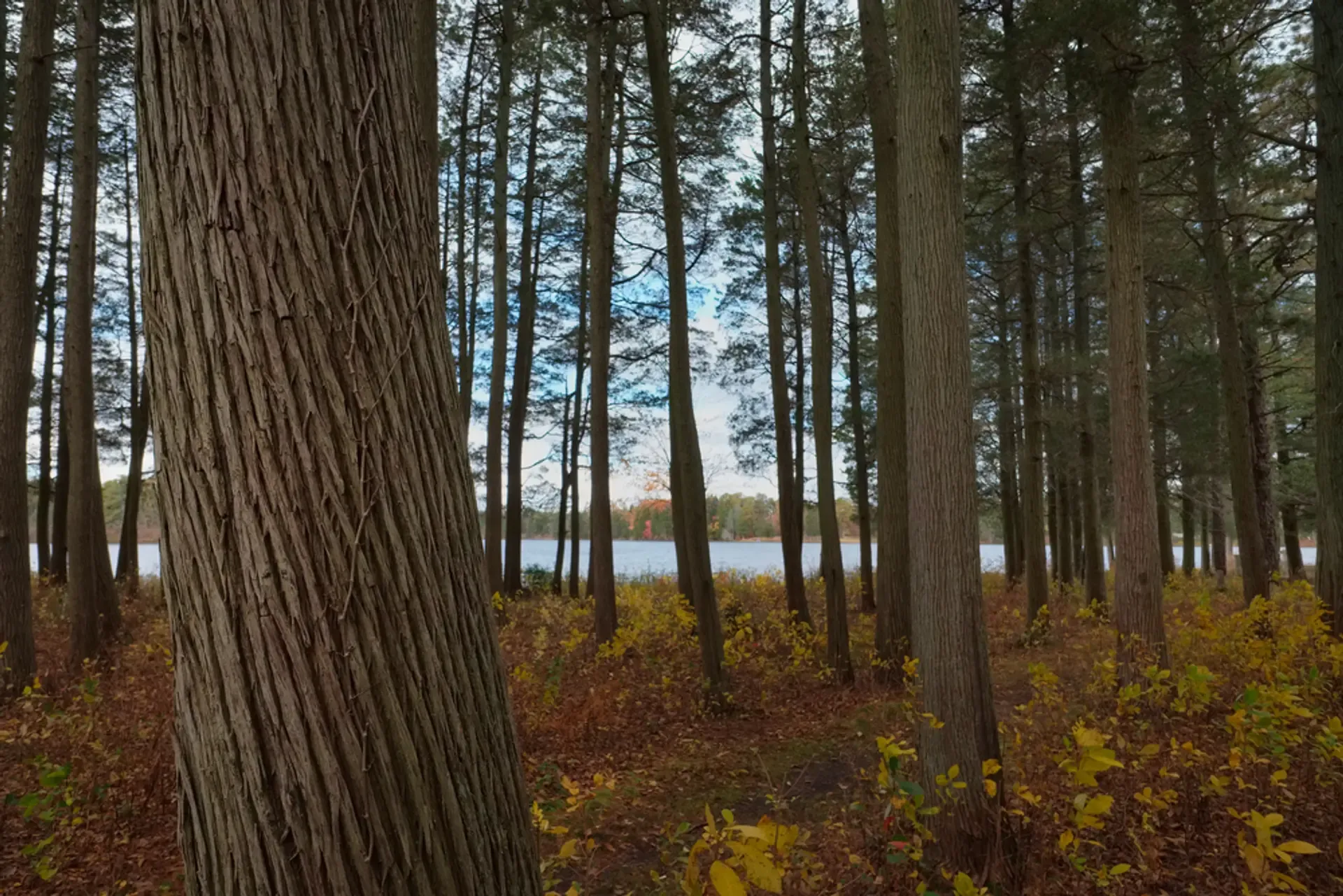
December 2, 2021
Determining a True Carbon Benefit Part 4: Permanence
An important step to ensuring that a carbon benefit is valid is if it stands the test of time. This is called permanence, which is defined as ‘the longevity of the carbon benefit of at least 100 years.’ The Family Forest Carbon Program is working to ensure the permanence of our carbon benefit.
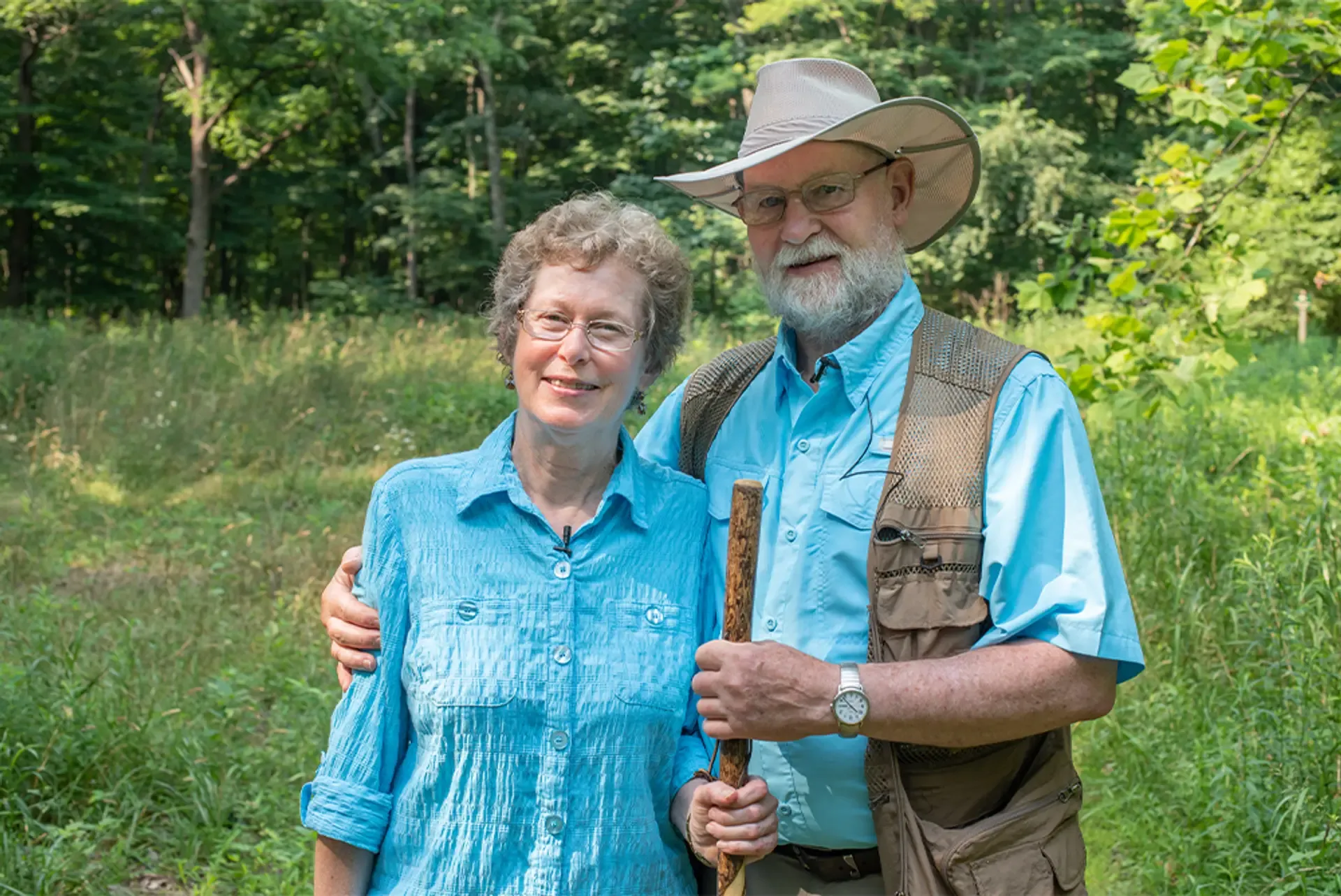
December 2, 2021
Meet the Jacksons of Pennsylvania
When looking for resources to support the health of their forest, Laura and Mike discovered the Family Forest Carbon Program. They learned that the program offered a steady, long-term revenue stream to enable them to take on their forest projects and continue to improve their forest’s health.
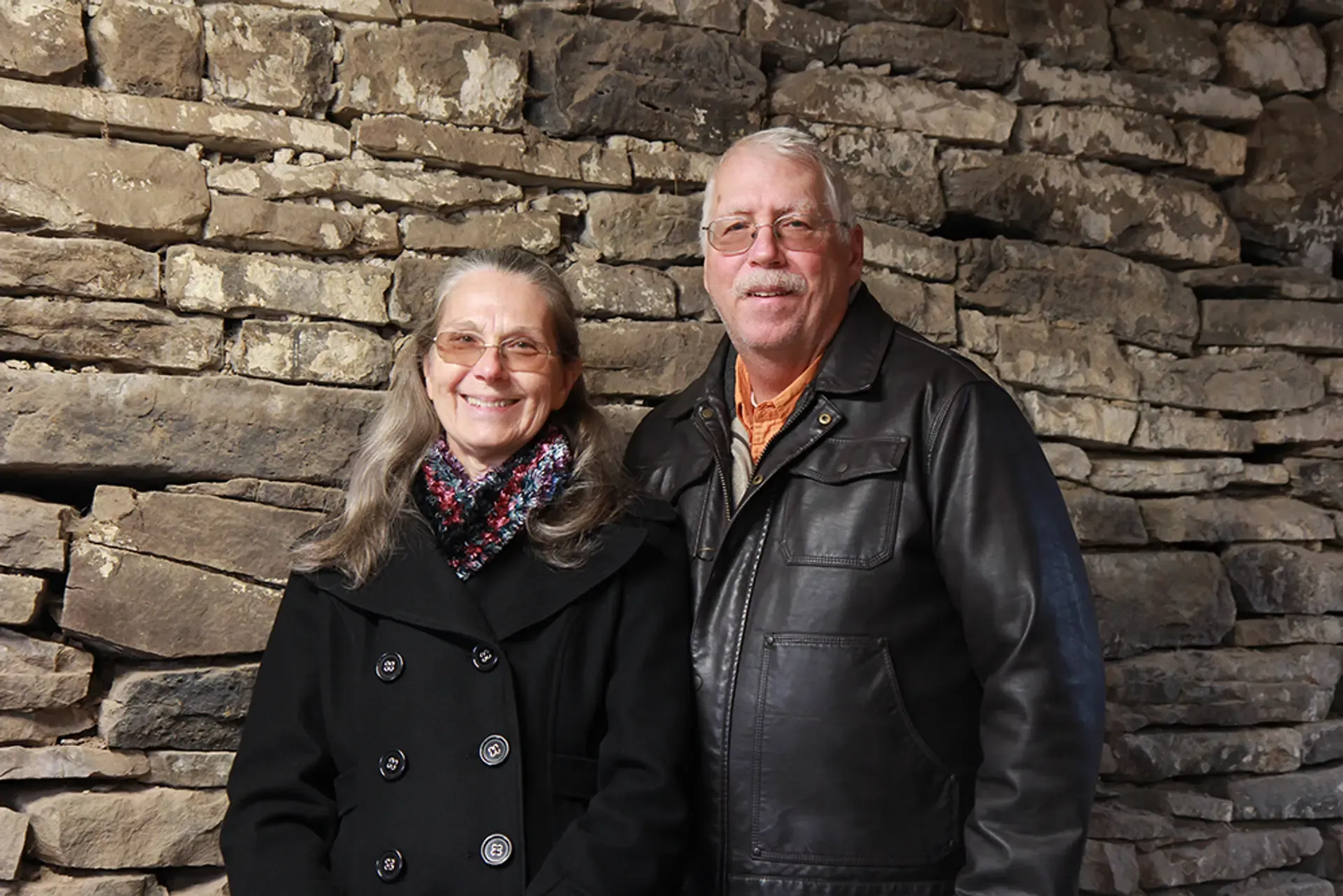
November 22, 2021
Meet Tony and Debbie Wambaugh of Pennsylvania
When the time to retire came, Tony and Debbie Wambaugh were excited to be able to move to their family's land. Their main focus was on farming but they hadn't considered the potential of the 126 forested acres. An ad from the Family Forest Carbon Program changed all that.
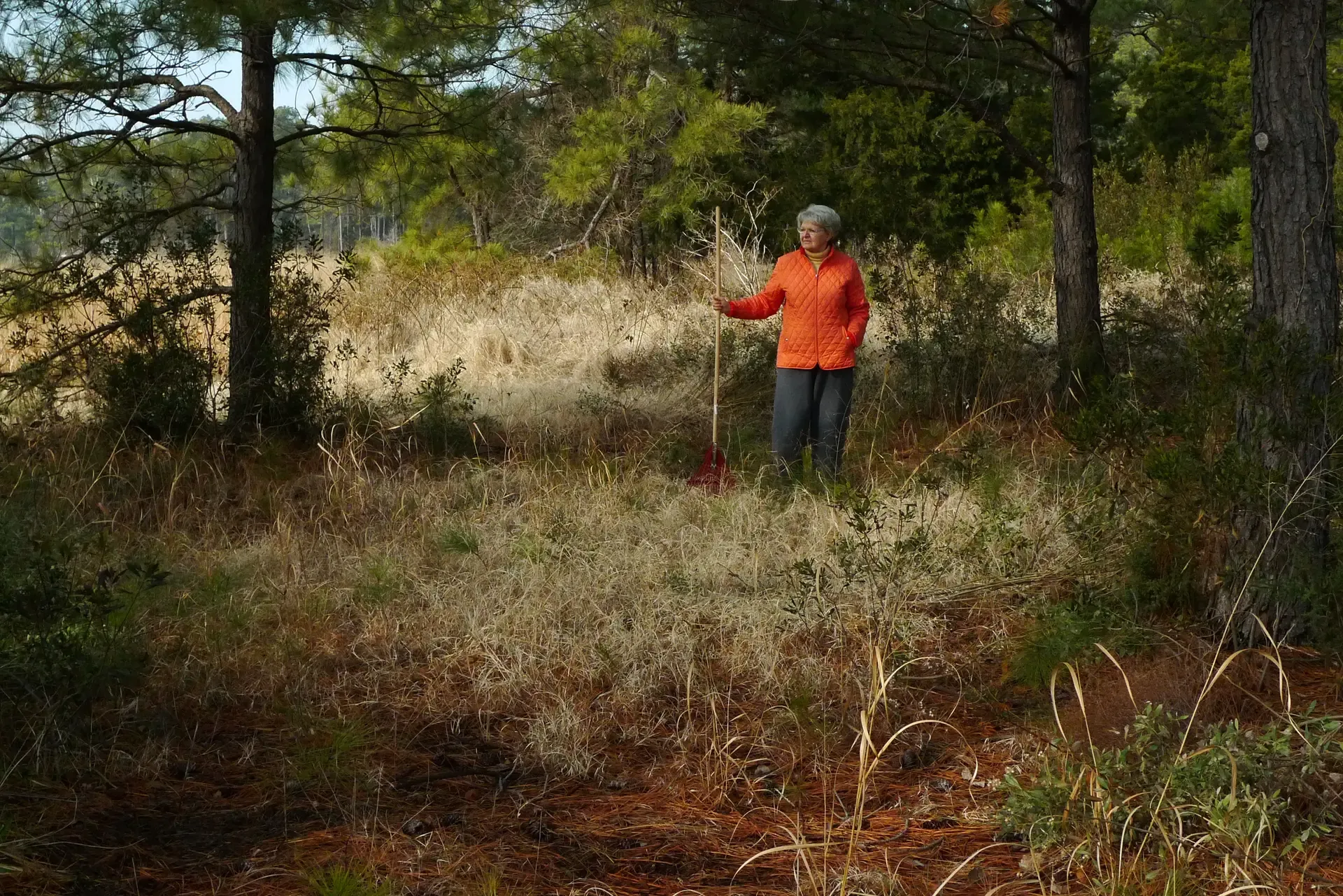
October 20, 2021
Family Forest Carbon Program Opens Enrollment Across Pennsylvania, West Virginia and Maryland
The American Forest Foundation and the Nature Conservancy announce expansion plans for their Family Forest Carbon Program, which empowers America’s rural family forest owners to improve forest health while addressing climate change.
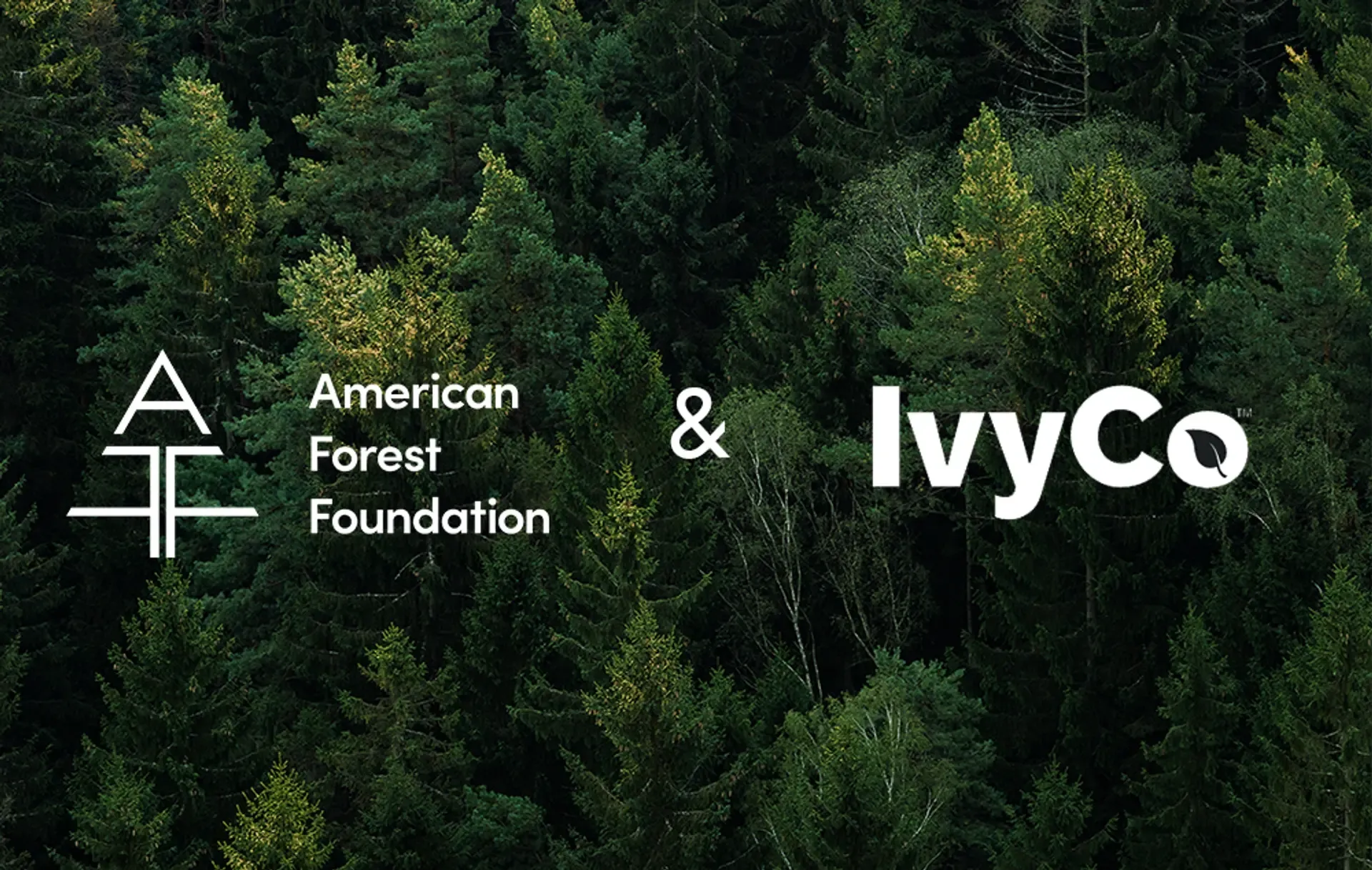
October 14, 2021
Tackling Climate Change with Your Spare Change: A Collaborative Partnership with IvyCo
A new partnership between the American Forest Foundation and technology startup IvyCo gives family forest owners and others a new tool to help increase the potential for their forests as a natural climate solution.
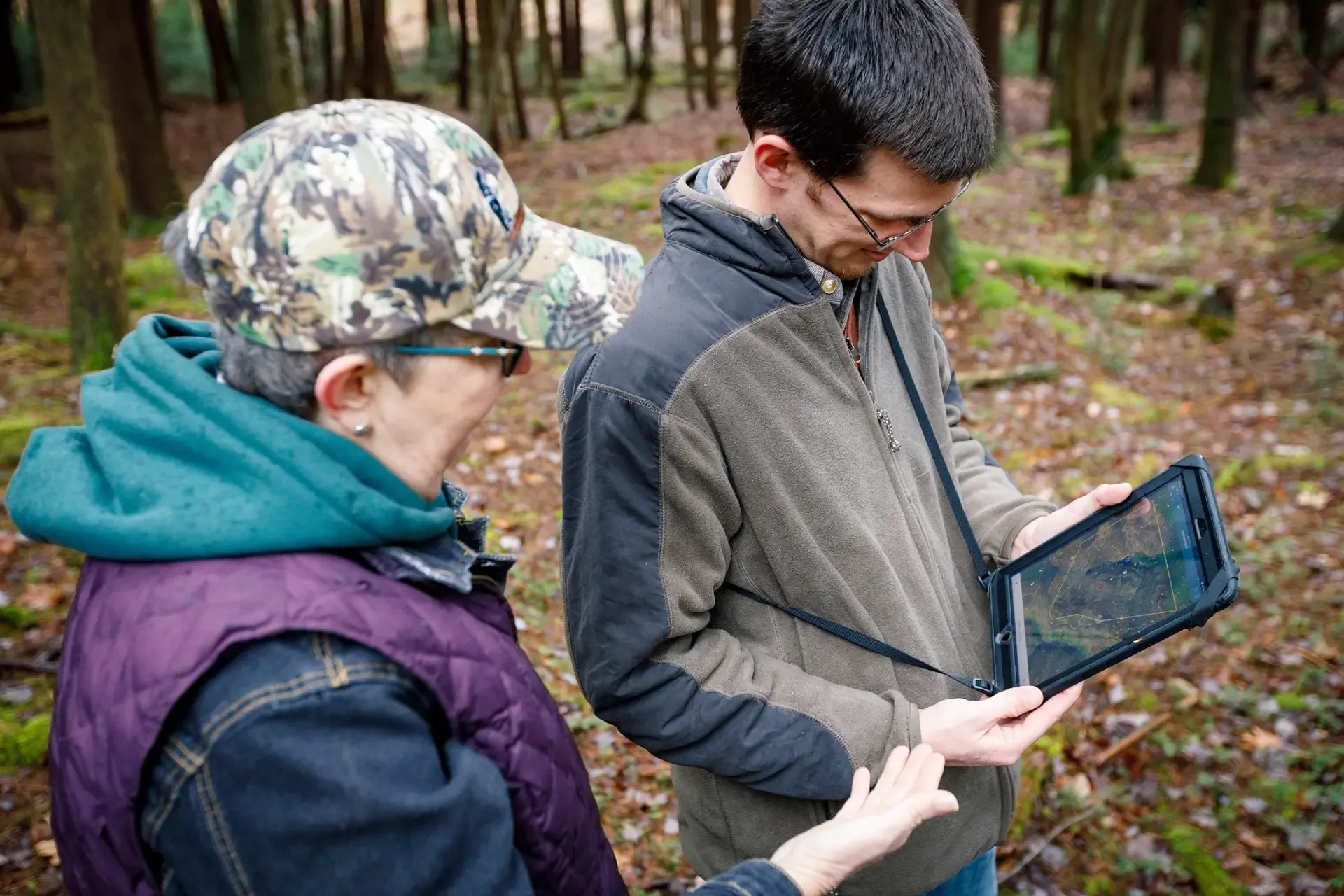
October 5, 2021
Family Forest Owners Empowered to Address Climate Change with New Partnership between REI Co-op, the American Forest Foundation and The Nature Conservancy
REI commits to 6-year contract to purchase verified carbon credits from the Family Forest Carbon Program, an innovative and impact-focused forest carbon project.
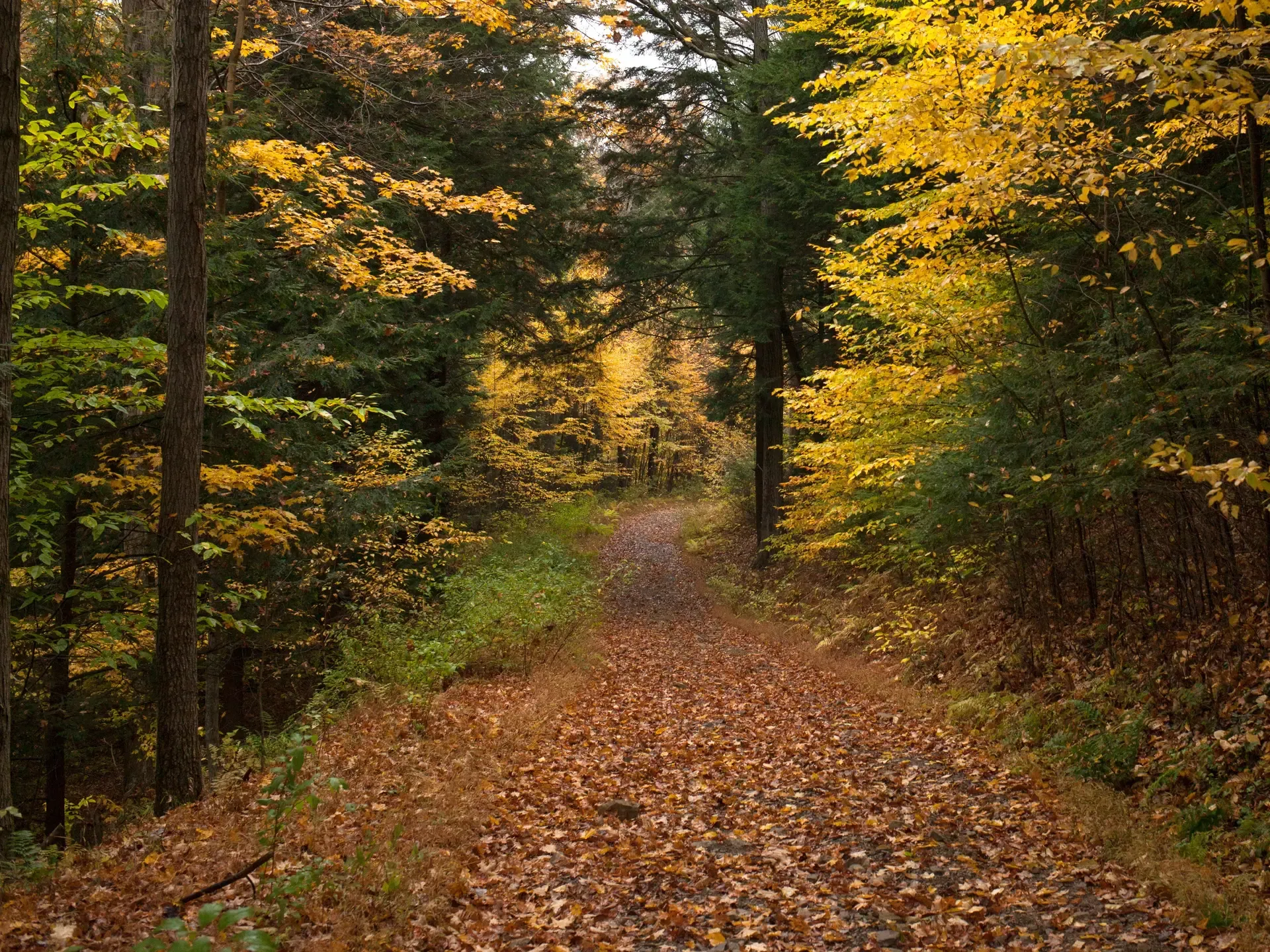
October 4, 2021
Empowering Rural American Forest Owners to Take Climate Action
In the U.S., forests serve as the nation's largest terrestrial carbon sink, offsetting 15% of our nation’s annual emissions. More importantly, studies suggest this could be nearly doubled - through reforestation and improved forest management of our existing woodlands.
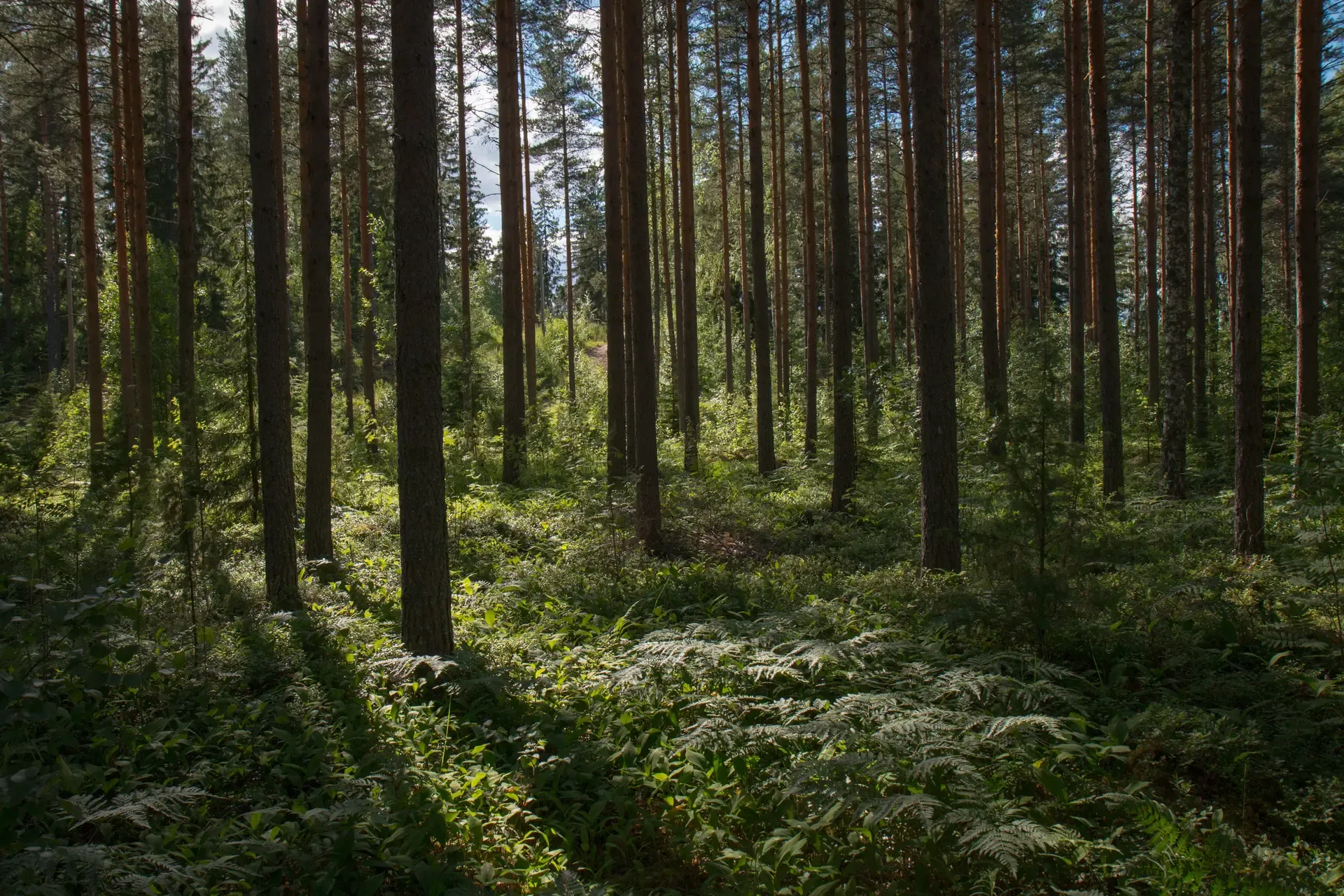
September 30, 2021
Long-term Offtake Agreements for a Lasting Natural Climate Solution
Long-term offtake agreements are a tool to help unlock conservation finance and scale conservation initiatives. For companies, they mean solidifying long-term planning and getting ahead of the rise in demand and prices of carbon credits. Find out more.
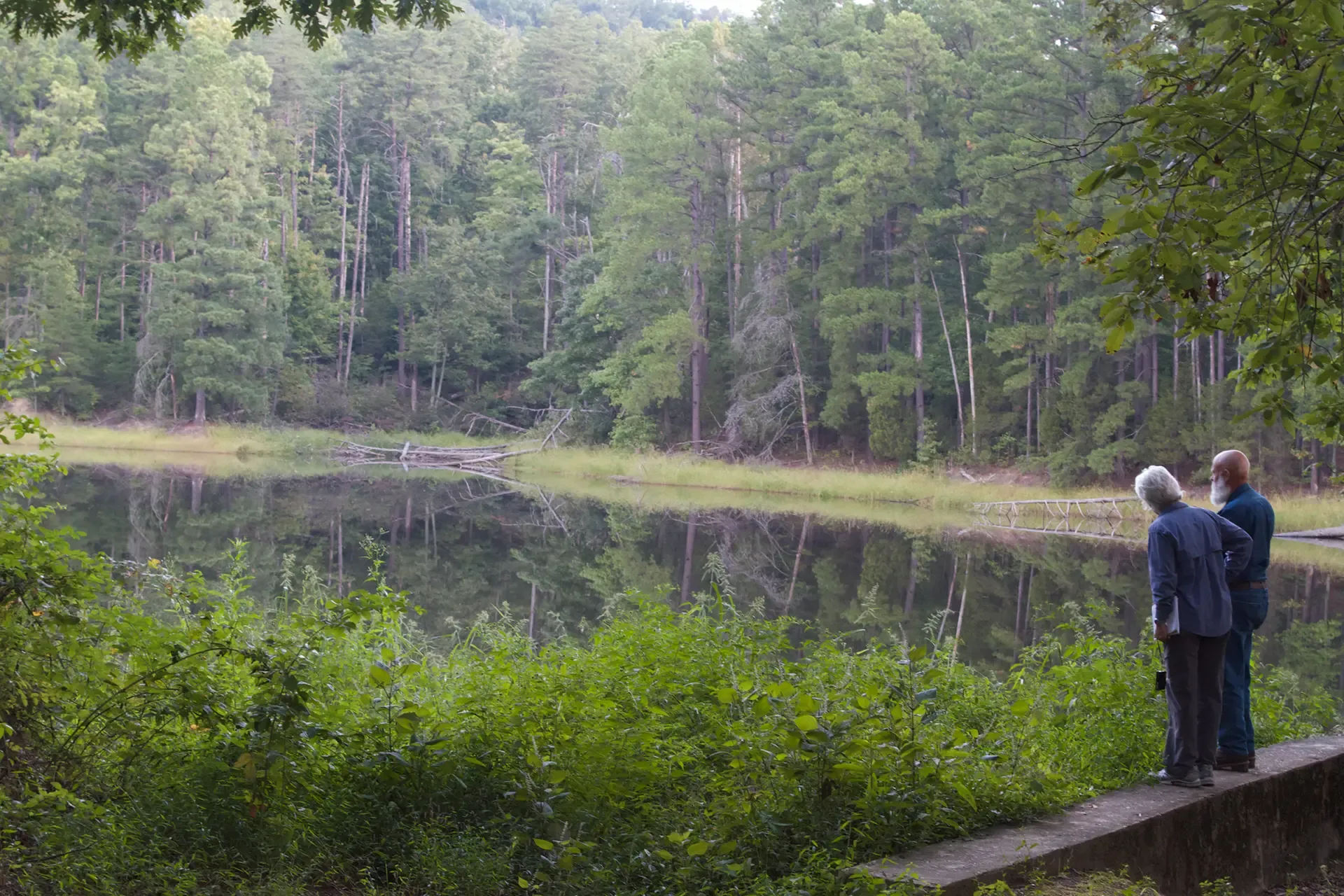
September 2, 2021
Determining a True Carbon Benefit Part 3: From Intention to Action
When measuring additionality many carbon projects ask, “Is the carbon generated from a forest carbon project because of the project or would it have happened absent the particular project or intervention?” While intention does play a role, it is often misinterpreted by those unfamiliar with the needs and behaviors of forest owners. Rather, to create a true carbon impact, a forest carbon project should factor intention into program design, yet measure real-life behavior.
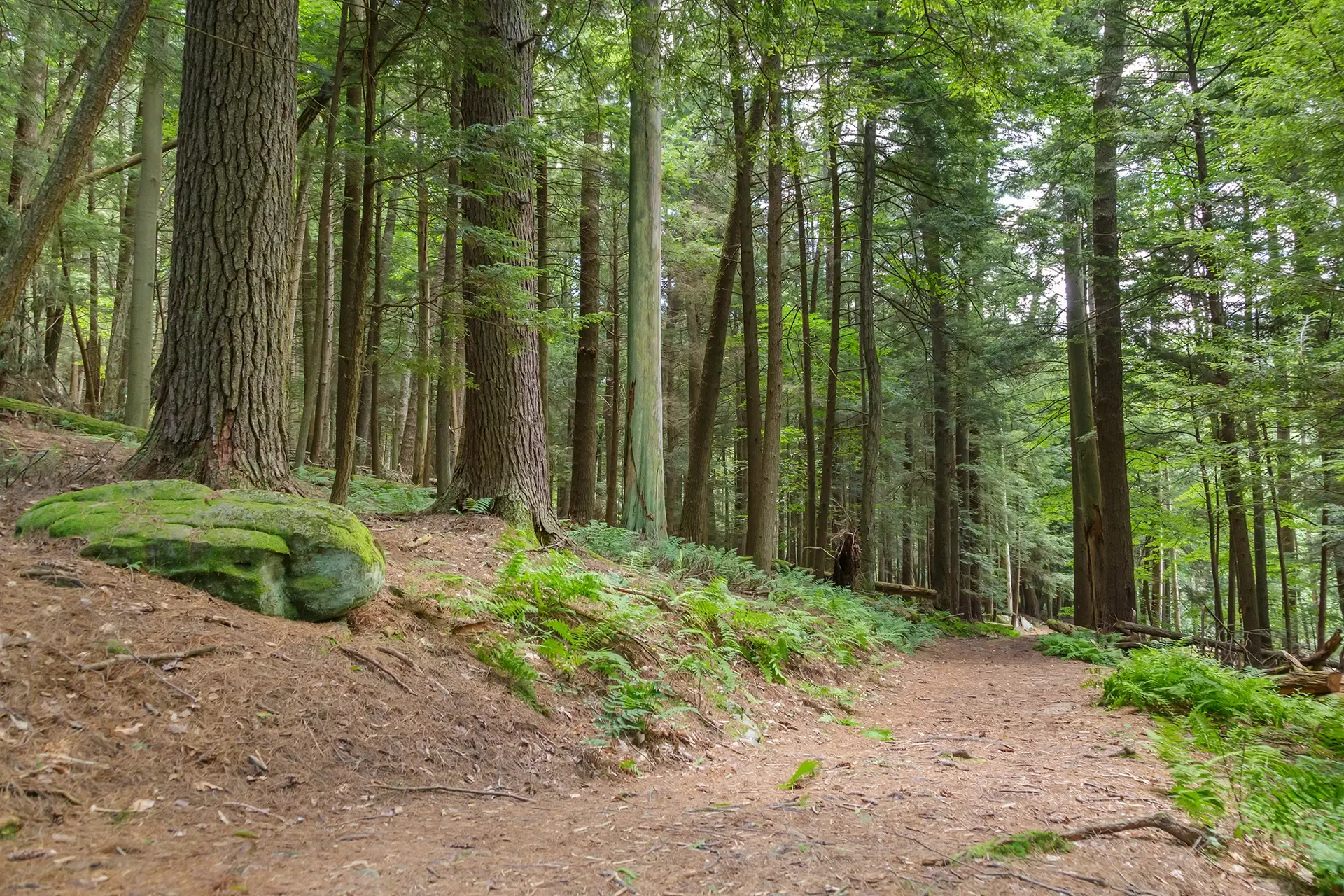
July 20, 2021
Loan Guarantees to Help Scale Carbon Projects for Small Forest Holders
Capitol Hill has been buzzing with conversations, hearings, and round tables on how rural America can help address climate change. One such opportunity is via carbon markets for small forest holders.